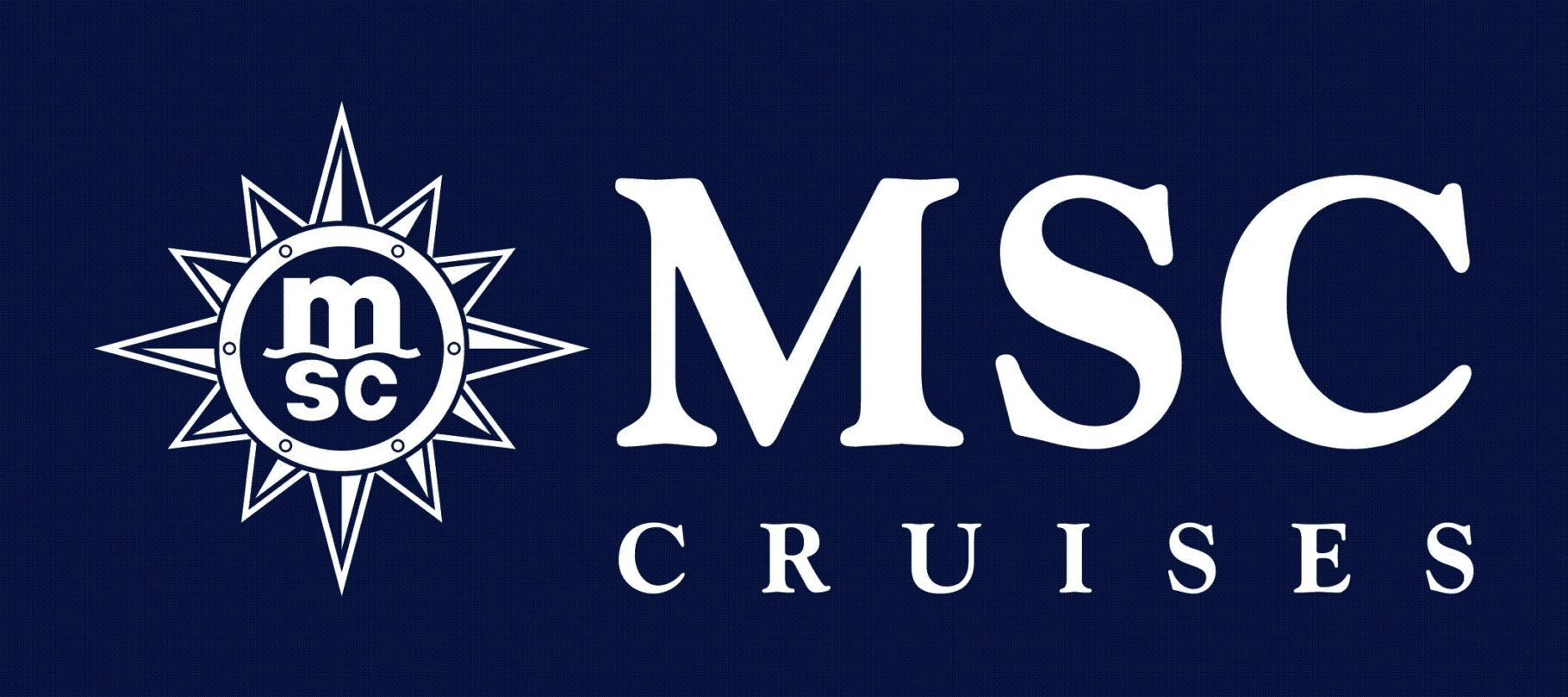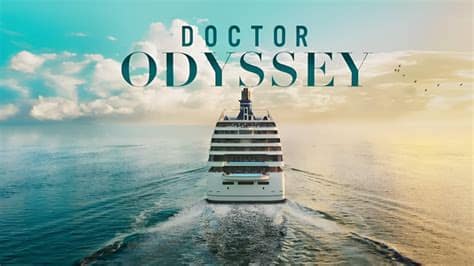MSC Cruises Sets New Standard for Reducing Cruise Ship Emissions
The cruise industry has long faced criticism for its environmental impact, with recent studies revealing that a single large cruise ship can have a carbon footprint greater than 12,000 cars. In a bold response, MSC Cruises is spearheading efforts to mitigate this impact, targeting a 10-15% reduction in fleetwide emissions by 2026 through the implementation of its innovative OptiCruise tool. This initiative marks a significant stride towards MSC’s broader goal of achieving net-zero greenhouse gas emissions by 2050.
MSC’s OptiCruise Revolutionizes Itinerary Planning
MSC Cruises’ new tool, OptiCruise, developed in collaboration with OPTIMeasy and the University of Genoa, promises to redefine how cruise itineraries are planned. This cutting-edge optimization tool considers a wide array of factors, including port call sequencing, ship speed, and operational costs, to enhance energy efficiency. Unlike traditional itinerary planning that focuses solely on destination appeal, OptiCruise aims to balance guest satisfaction with environmental considerations, potentially reducing emissions by up to 15%.
Real-World Testing and Future Impact
The prototype of OptiCruise has been tested aboard the MSC Bellissima, which traveled between 17 ports in the Mediterranean over a year. The results have been promising, with the tool showing potential for significant fuel savings and emission reductions. By 2026, as MSC Cruises’ fleet expands to 24 ships, the benefits of OptiCruise will become even more pronounced, setting a new benchmark for efficiency in the cruise industry.
MSC’s Broader Environmental Initiatives
Commitment to Green Technologies and Alternative Fuels
MSC Cruises is not just relying on OptiCruise; the company is also investing in various green technologies and alternative fuels to drive down emissions. The use of shore power, which allows ships to connect to local electrical grids while docked, significantly cuts down on engine emissions and improves local air quality. Additionally, MSC is integrating energy-efficient technologies such as LED lighting and heat recovery systems across its fleet.
Digitalization: A Key to Energy Efficiency
Digitalization plays a crucial role in MSC’s strategy for reducing emissions. By continuously monitoring thousands of data points—from engine load to fuel consumption—MSC Cruises can make real-time adjustments to optimize fuel use and operational efficiency. This focus on data-driven decision-making aligns with the company’s commitment to achieving a 40% reduction in carbon intensity from 2008 levels by 2030.
MSC’s Vision for a Sustainable Future
Achieving Net-Zero
MSC Cruises is on a determined path towards net-zero greenhouse gas emissions by 2050. With the implementation of tools like OptiCruise and ongoing investments in green technologies, the company is making substantial progress. While the full impact of these initiatives on guest experiences remains to be seen, MSC’s dedication to environmental stewardship is clear.
Join the Movement Towards Sustainable Cruising
As MSC Cruises continues to innovate and push the boundaries of sustainable cruising, travelers and industry stakeholders alike are encouraged to support these efforts. By choosing eco-friendly options and staying informed about industry advancements, everyone can contribute to a greener future for cruising.







